Writing
THEOLOGY, SCIENCE & APOLOGETICS
Select a category from the drop down menu, or browse the latest articles below.

The Resurrection of Jesus: The Evidential Contribution of Luke-Acts
Any discussion of the evidence for the resurrection must first ascertain what the original apostolic witnesses claimed and whether those claims are best explained by the resurrection, or by some alternative hypothesis.

The Miracles in Acts, and Their Evidential Value
The book of Acts recounts various miracles performed by Paul and the other apostles, as well as the deacons Stephen and Philip. If it can be shown that these miracle reports substantially represent the testimony of these individuals, then this is an important aspect of the testimony that must be accounted for.

Do the Resurrection Narratives Contradict? A Reply to Dan McClellan
McClellan recently published a 17-minute video responding to a TikTok video by my colleague, Dr. Sean McDowell, on discrepancies in the resurrection narratives. In this article, I will address points raised in this video.
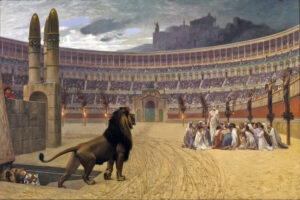
Early Church Persecution, and its Evidential Value
There is satisfactory evidence that many professing to be original witnesses of the Christian miracles, passed their lives in labours, dangers, and sufferings, voluntarily undergone in attestation of the accounts which they delivered, and solely in consequence of their belief of those accounts; and that they also submitted, from the same motives, to new rules of conduct.
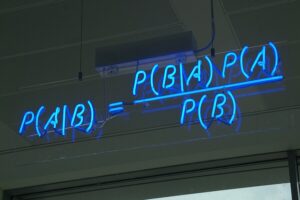
When Building Our Case for Intelligent Design, How Should We Think About Prior Probability?
A common question I get asked when framing the argument in this way has to do with the prior probability — that is, the intrinsic plausibility of the hypothesis being true before the evidence is considered.
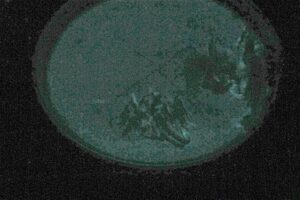
Recurring Design Logic in Gene Regulation
A feature of biology that has struck me over the years is the phenomenon of recurring design logic, even across systems that do not appear to be related by descent. This is a feature that is quite surprising on the supposition that a mindless process is responsible for life’s origins, but is precisely what we might predict on the hypothesis that a mind played an important role.
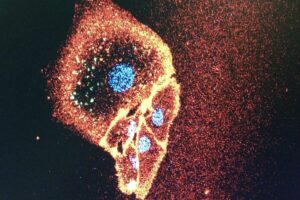
The Cell Division Challenge to Eukaryogenesis
What makes the origins of the eukaryotic cell cycle particularly resistant to evolutionary explanations is that a wide gulf exists between the mechanism of cell division by eukaryotes and that employed by prokaryotic cells — both in terms of the protein components involved, as well as the underlying logic. There is essentially nothing in common between the two systems.

The Conversion of Saul of Tarsus, and its Evidential Value
An argument for Christianity that seldom receives adequate attention is the conversion of Saul of Tarsus (also known as Paul) on the road to Damascus. There exist three accounts of Paul’s conversion in the book of Acts — in chapters 9, 22, and 26. In this essay, I shall lay out in detail why Paul’s Damascus road conversion constitutes powerful evidence of the truth of Christianity.
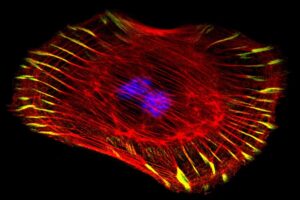
The Eukaryotic Cell Cycle: An Irreducibly Complex System
Various components of the mitotic cell division apparatus are indispensable for the system to work. This makes the eukaryotic cell division irreducibly complex, rendering it resistant to explanations in terms of blind, evolutionary processes.